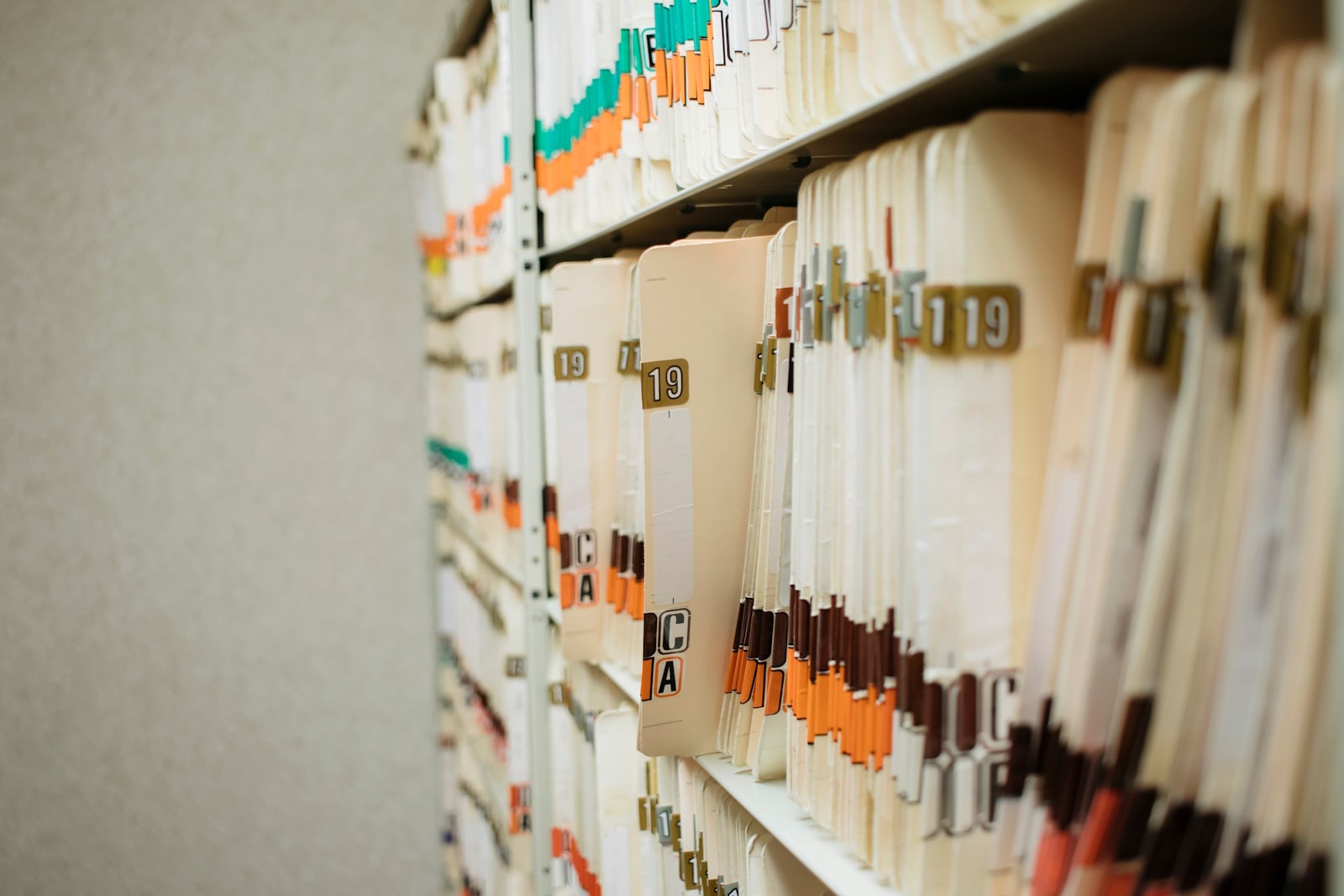Why Documentation Matters to a Medical Waste Company
In the realm of healthcare, the management of medical waste is not merely a logistical concern but a critical component of public health and environmental safety. For a medical waste company, meticulous documentation is the linchpin that ensures compliance, traceability, and accountability throughout the waste management process. This article delves into the significance of documentation, the chain of custody, associated risks of mismanagement, and the tools employed to uphold standards, with a focus on the South African context.
Understanding the Chain of Custody in Medical Waste Management
The chain of custody in medical waste management refers to the systematic process of tracking waste from its point of origin to its final disposal. This comprehensive documentation ensures that every entity handling the waste is accountable, thereby preventing unauthorised access, contamination, or mishandling.
In South Africa, regulations such as the National Environmental Management: Waste Act and the National Health Act provide a framework for the management of healthcare waste, emphasising the importance of a documented chain of custody.
Stages in the Chain of Custody
A medical waste company’s responsibility spans several critical stages, each necessitating specific documentation:
- Collection: Waste is segregated at the source, and initial records are created to identify the type and quantity of waste generated.
- Packaging: Proper labeling and sealing of waste containers are essential, with documentation detailing the contents and associated hazards.
- Storage: Secure, temporary holding areas are maintained, accompanied by logs tracking storage times and conditions.
- Transport: Licensed carriers transport the waste, with manifests detailing the type and quantity of waste, ensuring traceability during transit.
- Treatment: Processes such as incineration or chemical treatment are documented, noting methods and compliance with regulations.
- Destruction/Disposal: Final disposal methods are recorded, and certificates of destruction are issued to confirm proper handling.
Each stage’s documentation not only ensures compliance but also facilitates audits and inspections by regulatory bodies.
Key Documents in Medical Waste Tracking
Effective documentation in medical waste management involves several critical documents:
- Manifests: These track the movement of waste from generation to disposal, ensuring accountability at each stage.
- Waste Logs: Detailed records of waste types, quantities, and handling procedures provide a comprehensive overview of waste management activities.
- Certificates of Destruction: Official documents confirming the final disposal of medical waste, serving as proof of compliance with regulations.
These documents are vital for demonstrating adherence to legal requirements and for maintaining transparency in waste management practices.
Risks of Poor Chain of Custody Management
Neglecting proper documentation and chain of custody protocols can lead to severe consequences:
- Regulatory Fines: Non-compliance with waste management regulations can result in substantial penalties, tarnishing a company’s reputation.
- Public Health Risks: Improper disposal can lead to the spread of diseases and environmental contamination, posing significant health hazards.
- Legal Consequences: Failure to adhere to regulations can result in legal action and damage to a company’s credibility.
These risks underscore the necessity for medical waste companies to implement robust documentation practices.
Ensuring Compliance: Tools and Practices
To uphold compliance and streamline waste management processes, medical waste companies employ various tools and practices:
- Trained Personnel: Regular training programs ensure that staff are updated on best practices and regulatory requirements.
- Barcoding Systems: Utilising barcodes or RFID technology allows for accurate tracking of waste containers throughout the disposal process.
- Digital Tracking Tools: Implementation of software solutions facilitates real-time monitoring and documentation, enhancing efficiency and compliance.
These tools not only improve operational efficiency but also provide verifiable records for audits and inspections.
South African Regulations and Standards
In South Africa, the management of medical waste is governed by specific laws and standards:
- National Environmental Management: Waste Act: This act provides a framework for waste management, emphasising the importance of a documented chain of custody.
- National Health Act: Regulations under this act outline the responsibilities of healthcare establishments in managing medical waste.
- SANS 10248-1: This standard specifies the management of healthcare waste, including classification, packaging, and disposal requirements.
Compliance with these regulations is mandatory for medical waste companies operating in South Africa.
Conclusion
For a medical waste company, meticulous documentation is not just a regulatory requirement but a fundamental aspect of responsible waste management. It ensures the safety of the public and the environment, maintains compliance with legal standards, and upholds the company’s integrity.
At A-Thermal, we understand the critical importance of documentation for a medical waste company. Our commitment to excellence ensures that every step of the waste disposal process is meticulously documented and compliant with South African regulations. Contact us today to learn how we can assist you in managing your medical waste responsibly and efficiently.







